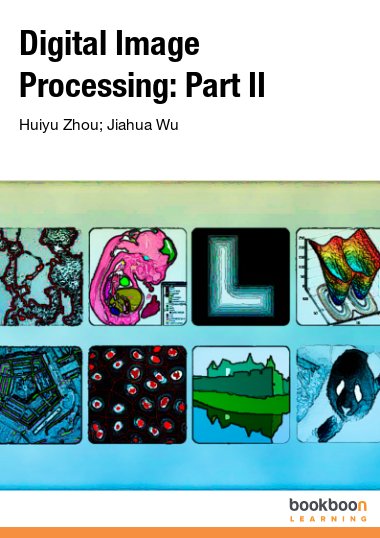This book (vol.1 and vol.2) introduces the fundamental theories of modern digital image processing including intensity transformations, filtering in the frequency and spatial domain, restoration, colour processing, morphological operations, and segmentation. It aims to help the students, scientists, and practitioners to understand the concepts through illustrations and examples

